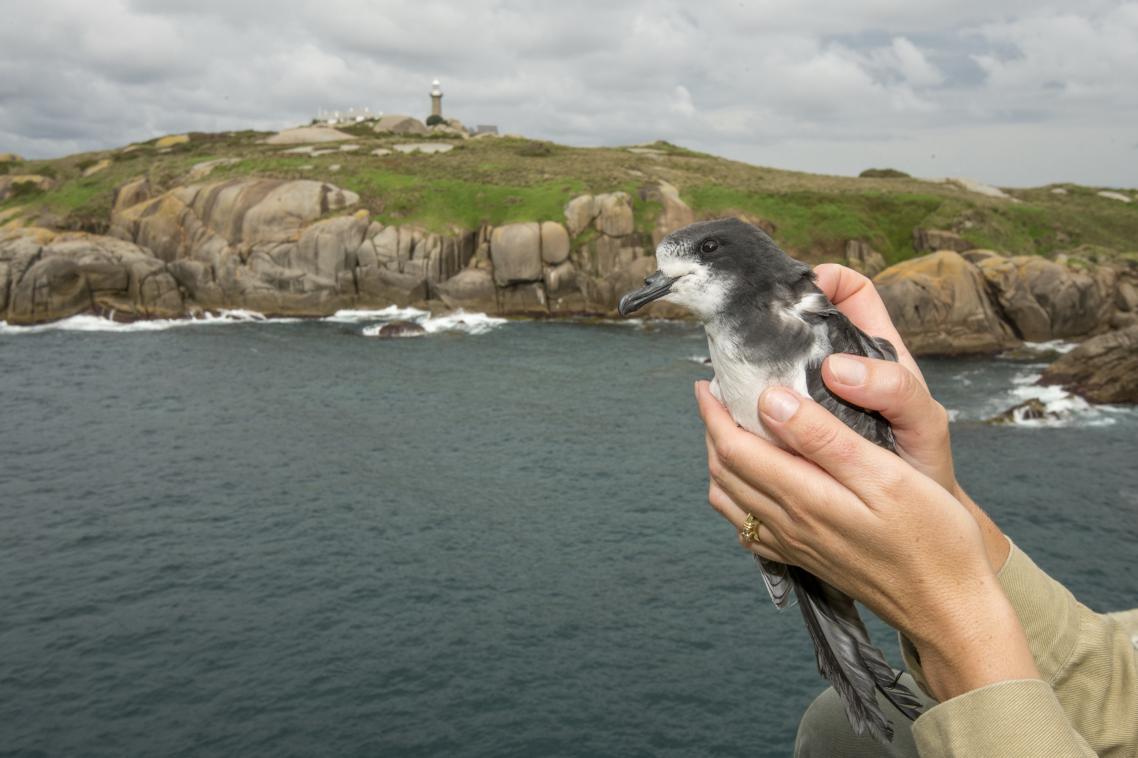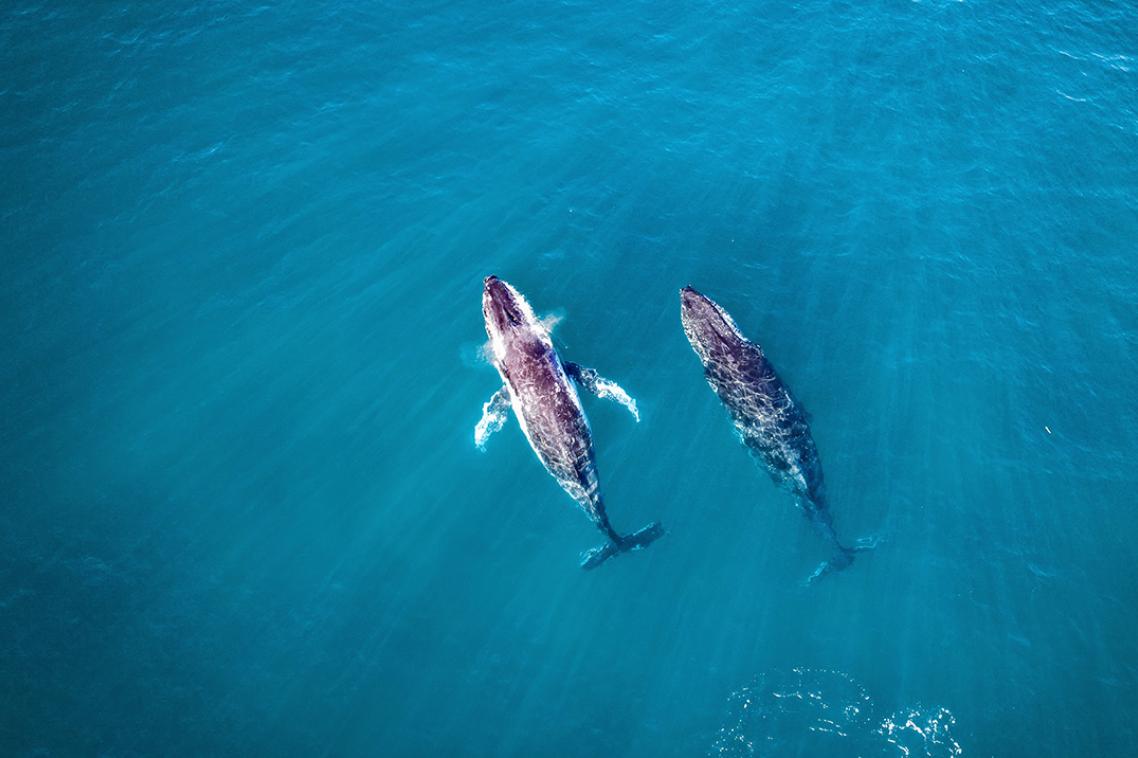UQ research underpins global increase in quality of protected areas

The number of well-managed protected areas in the world looks set to increase, thanks to University of Queensland research to foster global conservation.
UQ School of Geography Planning and Environmental Management’s (GPEM)Professor Marc Hockings said the World Wildlife Fund and the International Union for the Conservation of Nature (IUCN) had announced a partnership to expand the number of protected areas reaching IUCN Green List quality standards to at least 1000 in 50 countries.
Professor Hockings led the development of the Green List of the world’s best-managed protected areas, launched last year.
“Protected areas can help halt biodiversity loss, mitigate and adapt to climate change, reduce the risk and impact of disasters, improve food and water security, and promote human health and dignity,” Professor Hockings said.
“The Green List is an initiative that encourages, measures, celebrates and shares the success of protected areas in reaching good standards of management,” he said.
“It provides a recognised standard of effective management with specific criteria and performance measures.
“Protected areas considered for the Green List meet internationally-agreed standards. Globally there are 150,000-200,000 protected areas, covering about 15 per cent of the Earth’s surface.
“They are not all equally well supported by governments and other organisations.
“Protected areas were originally implemented to conserve iconic landscapes and wildlife, and the amount of land and sea designated as formally protected has markedly increased over the past century.
“However, there is still a major shortfall in political commitment to enhance the coverage and effectiveness of protected areas.”
Professor Hockings, who is IUCN’s Vice-Chair (Science and Management of Protected Areas), said the IUCN was the world’s main authority on the conservation status of species and had been compiling a Red List of Threatened Species since 1964.
“In 2008, the former IUCN president, South African Environment Minister Valli Moosa, floated the idea that while the Red List has been effective in highlighting biological species in trouble, we had not been very good at recognising the conservation activities in which we had been successful,” he said.
Professor Hockings led the development of the IUCN Green List of Protected Areas as part of his GPEM research.
Australia’s green-listed sites are Montague Island Nature Reserve off the New South Wales Coast, which is a critical seabird breeding site, and Arakwal National Park/The Cape Byron State Conservation Area in Byron Bay, managed together with the Aboriginal Arakwal traditional owners.
Professor Hockings worked with IUCN and partners in eight countries to develop the concept, which is now being rolled out on a larger scale with financial support from the German government (2.3 million euros).
He said he was thrilled to see the concept and the evaluation guidelines be adopted by more countries.
Media: m.hockings@uq.edu.au, +61 (0)7 3346 7845
Related articles

Decades of surveys show whale migration shift

$1.85 million boost for UQ research projects
Media contact
UQ Communications
communications@uq.edu.au
+61 429 056 139
